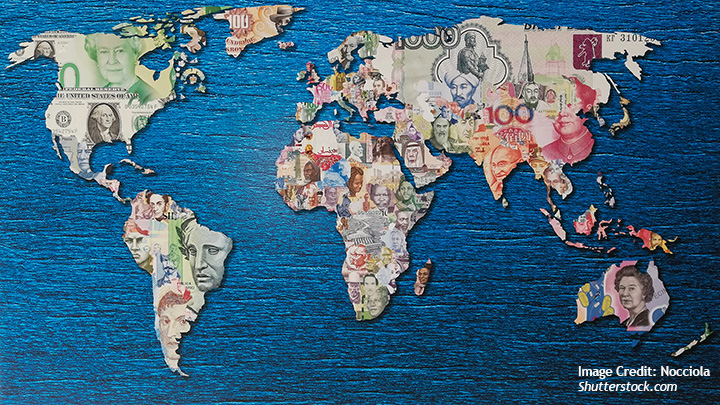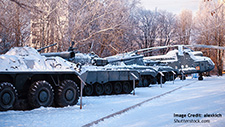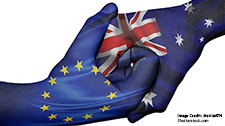A New Liberal Order in the Making?

Nobuyuki Hiraizumi, I-Chung Lai, Nobukatsu Kanehara, Norah M. Huang, Mats Engman, Shin Kawashima, Raymond Chen-En Sung, Masafumi Ishii, Niklas Swanström, Tatsuo Shikata and Jagannath Panda
The post-World War II liberal international order, characterized by the U.S. leadership, its alliances both in Europe and Asia, free trade, democratic partnerships, rule-making, and multilateral institution-building, among other features, is facing an intense crisis of governance and faith. China has amped up its economic, military, and technological advances with the intent to undermine the U.S.-led existing order and to create a new China-led international order. For this purpose, it is looking to rebuild partnerships across the world, particularly in the so-called Global South— covering Latin America, West Asia, Africa, and Asia, among others in the developing and emerging world. While China’s influence has been on the rise among these states, its ties in Europe have been deteriorating primarily due to China’s coercive economic and diplomatic policies. In this context, the growth in transatlantic ties could be crucial to rebuilding an effective, representative liberal international order that is relevant in the new era.
At the recent NATO summit in The Hague, a major shift came from U.S. President Donald Trump, who now acknowledges NATO’s relevance to the U.S. This change followed a strong signal from European allies committing nearly 5 percent of GDP to defense, compelled by Trump and fears of the security threat posed by Russia. While it is unclear if Trump’s new stance will last, the summit’s renewed focus on burden sharing marks a significant moment in NATO’s ongoing evolution. And it again brings forth the question of how important is EU-U.S. cooperation in strengthening the liberal international order? And concurrently, what is the significance of the Indo-Pacific region in reinvigorating the liberal international order?
This publication—a part of a joint project by The Prospect Foundation (PF), the Institute for Security and Development Policy (ISDP), and the Kajima Institute of International Peace (KIIP)—is the second in a series that attempt to provide fresh perspectives on the theme “Future of International Order based on Liberalism.”




